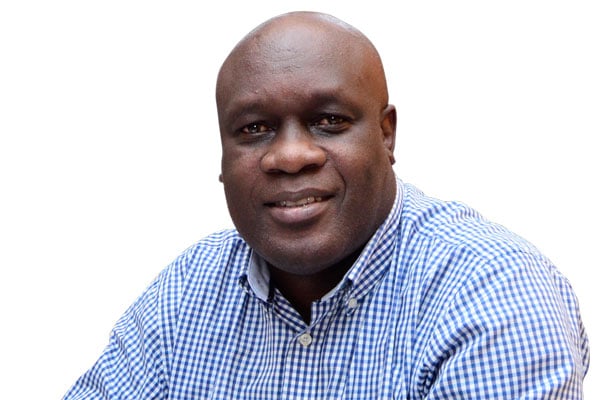If you got shot in 2021, count on Monitor to tell your story

Odoobo C. Bichachi
This column is devoted to feedback shared by two eminent readers and viewers of Daily Monitor and NTV-Uganda.
Isaac Acong: A chunk of gratitude to the media industry is in order! This is against the back drop of the industry being thankless and most times generating countless enemies.
Early this year, you could only count on the media that if you got shot/killed, Daily Monitor news crew (foot soldiers) would identify you complete with your name, picture, where you got shot, if you got shot by UPDF, Uganda Police or some militia. This is very important in the sense that the perpetrators had to rethink the implications of their activities.
However, your journalists still have the tendency to report “dots” with little regard to connecting them so you often end up with unclear pictures. You ask any of your editors whether UK has until now handled Covid-9 better than Uganda. I bet you will have lots of dots and no clear picture and because of this, you will not be able to recommend that Uganda benchmarks UK’s way of managing Covid-19 or vice versa. Statistics show that UK lost 2,203 people per million and Uganda lost 72 people per million. UK’s population taken at 67.2million and Uganda’s at 45.7million.
As for 2022, I would like to wish you (media) well. Just do the best that’s expected of you. Many times you changed lives by doing the right thing at the right time.
Public Editor: Thank you for the commending Daily Monitor for its coverage of the election violence and putting name to victims. This is well shared with the team.
As for “unconnected dots”, this been a consistent criticism of Uganda media. Connecting dots simply means telling the whole story (complete picture), giving context, explaining the issues, relating similar events, exploring the implications of events, etc.
Yes, “episodic” journalism may have worked in the past when traditional media was the main source of information and the audience was beholden to it. Today where audiences are fed from different pipes of information via social media, their quest for the “complete picture” is more desirable than ever. We have known this all along!
We have also known that traditional media is best placed to do this because of the expertise within its ranks and the resources it can marshal to invest in explanatory, investigative and solution journalism, among others. In the coming years, the survival of traditional media will indeed to a great extent depend on producing journalism that explains, not journalism that repeats the dots strewn all over social media.
David J. Bakibinga: On Mwasuze Mutya programme on NTV a few days ago, I saw the tag, “Famile Pulaaningi” as the topic of discussion. Can’t this be translated into Luganda? Again on NTV Luganda news this week, in relation to the price of scholastic materials, the word “daziini” was displayed. Can’t this also not be translated?
Public Editor: Thank you for pointing this out. You have done so in the past on this subject and feedback shared with the team. You also advised previously that Makerere University Language Department is one place journalists or broadcast content producers faced with translation challenges can turn to.
Indeed as a result of your (and others’) earlier feedback on the inconsistency (and sometimes improper) use of Luganda language on the NMG-Uganda platforms that include Dembe FM, Ennyanda sports newspaper and NTV Akawungezi among others, the Editorial Board Committee (EBC) asked management to put in place a standard stylebook to address this problem. The process is going on and nearing completion.
In the instant case, however, the phrase “Family Planning” should indeed have been translated as should have the word “dozen” rather than simply corrupt the English spelling of the words. The principle in translation if an equivalent word cannot be found is to translate the concept. This Kiswahili, the pan-East African language, does so well!
Thus in the case of “Family Planning”, the Kiswahili translation is “Kupanga Uzazi” whereby kupanga means “plan” and uzazi means “parenting” or “parenthood”. Therefore if the producers applied themselves a little more by consulting Luganda language experts, a similar translation of the concept may be found instead of playing around with letters.
We should always remember that media does not just inform, it preserves language and culture in the way it documents it. Also, meaning is not in the alphabet, it is in the objects.
Send your feedback/complaints to [email protected] or call/text on +256 776 500725.



